Are you interested in understanding Catholicism but do not know where to start? You’re not alone. With more than 1.32 billion Catholics around the world, along with churches, readings, theology, and religious worship, it can be hard to understand Catholicism, how it’s different from other religions, and what the doctrines mean. In this guide, we’ll break down some of the most pressing questions on Catholicism and provide resources to further your knowledge!
What Is the Catholicism Religion?
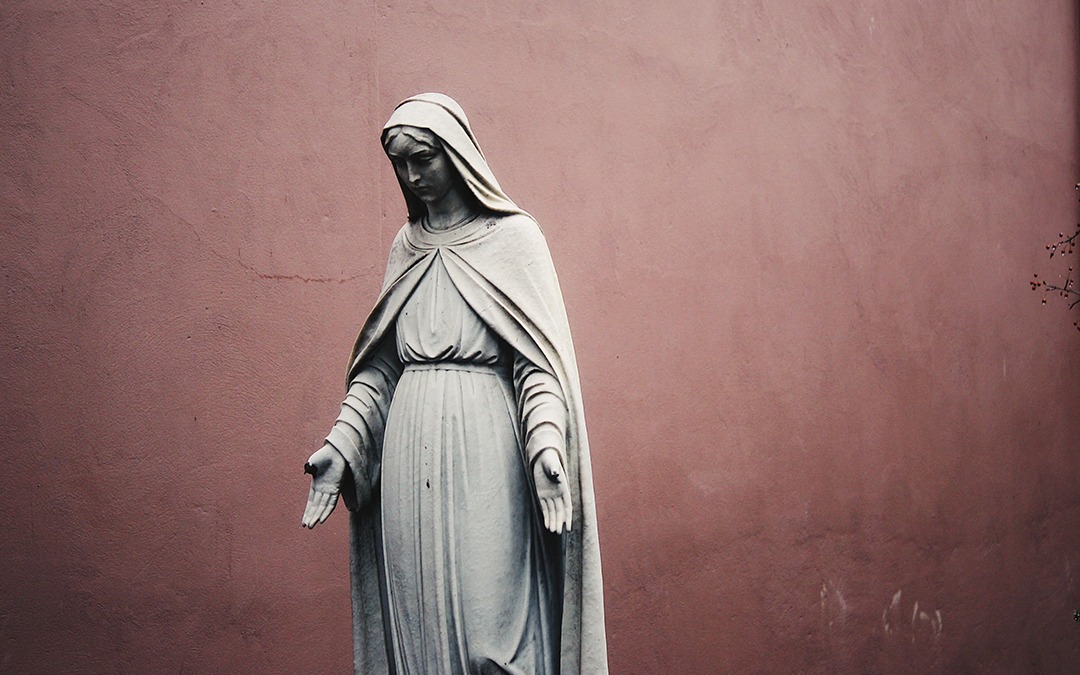 The term Catholicism is used to describe the religion itself, its followers (Catholics), and what it teaches. Catholics believe that their faith was founded by Jesus Christ himself while he walked on Earth as a man over 2000 years ago. The word “catholic” means universal or worldwide; therefore, this branch of Christianity believes in sharing God’s love with the entire world.
The term Catholicism is used to describe the religion itself, its followers (Catholics), and what it teaches. Catholics believe that their faith was founded by Jesus Christ himself while he walked on Earth as a man over 2000 years ago. The word “catholic” means universal or worldwide; therefore, this branch of Christianity believes in sharing God’s love with the entire world.
Catholics believe that Jesus Christ was both fully human and fully God, who came to Earth as a man so he could die for everyone’s sins by dying on the cross. He rose from death three days later in order to offer non-sinners a path toward salvation through this act of love and sacrifice. Catholics believe that all who accept this gift and the other teachings of the Church will be saved.
Learn more about the Catholicism Religion, Doctrines, History, Practices, & FAQS.
Catholicism Holidays and Festivals
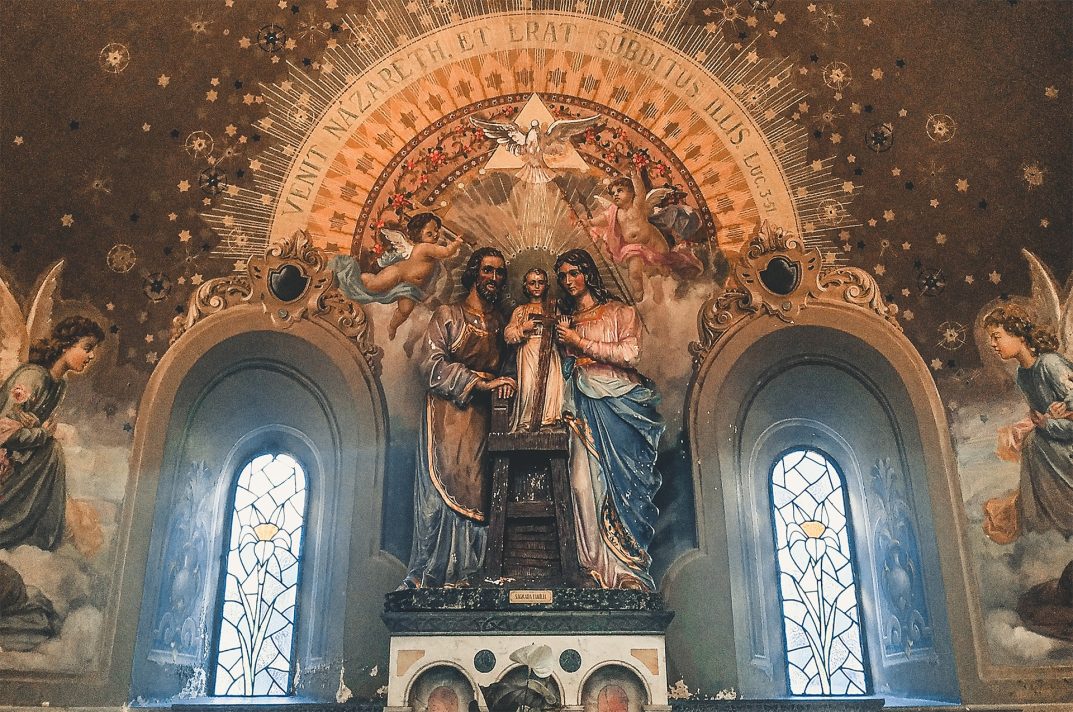 There are special days, often referred to as “holy days,” that align with the Catholic calendar. Each holiday or festival celebrates an important moment, usually when Jesus was alive, and has a specific set of rules or guidelines that tell members how to celebrate to honor God properly. Other holidays and festivals surround Saints or Mary, the mother of God. Some of the most well-known holidays include:
There are special days, often referred to as “holy days,” that align with the Catholic calendar. Each holiday or festival celebrates an important moment, usually when Jesus was alive, and has a specific set of rules or guidelines that tell members how to celebrate to honor God properly. Other holidays and festivals surround Saints or Mary, the mother of God. Some of the most well-known holidays include:
- Christmas: Christmas is celebrated on the 25th of December each year to mark the day that Jesus Christ was born. It’s typical to receive Holy Communion and attend Mass on this day.
- Ash Wednesday: Ash Wednesday is celebrated before Easter to recognize the 40-day fast that Jesus Christ went through when he was in the wilderness. This is typically associated with attending Mass and receiving ashes on your forehead. Most choose to give up something during the 40 days before Easter, along with praying and fasting.
- Easter: Easter marks the day that Jesus rose from the dead. It’s typically celebrated between April and May of each year by attending Mass.
- All Saints Day: This day is celebrated on November first each year to honor all of the saints who are already in heaven. Catholics attend religious services and pray to the saints on this day.
Catholics celebrate many other holidays and festivals. These are just a few of the most well-known worldwide.
Learn more about Catholicism Holidays And Festivals
Catholicism Sacraments
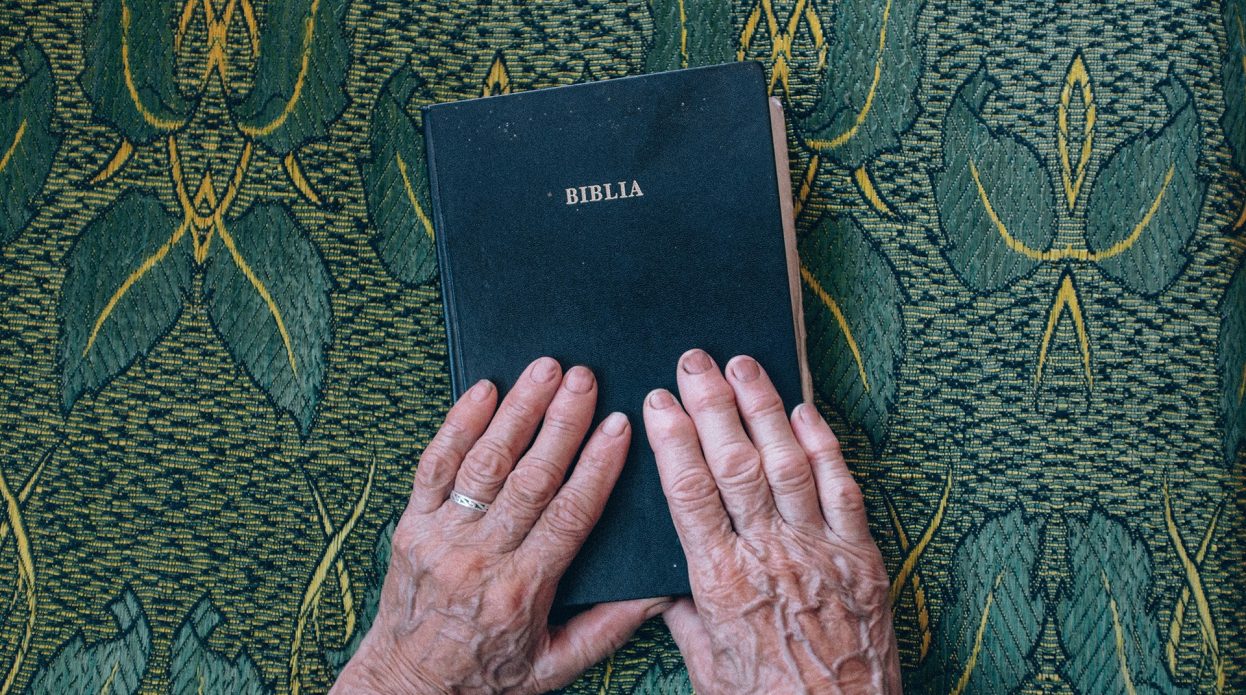 Sacraments are celebrations or actions that Catholics do in order to worship God. There are seven sacraments recognized by the Catholic Church, all of which have special prayers and guidelines for how they should be carried out.
Sacraments are celebrations or actions that Catholics do in order to worship God. There are seven sacraments recognized by the Catholic Church, all of which have special prayers and guidelines for how they should be carried out.
The Sacraments Include Baptism, Confirmation, Confession, Eucharist, Sacred Orders, Matrimony, and Anointing of the Sick.
Learn more about Catholicism Sacraments
The Catholic 7 Deadly Sins
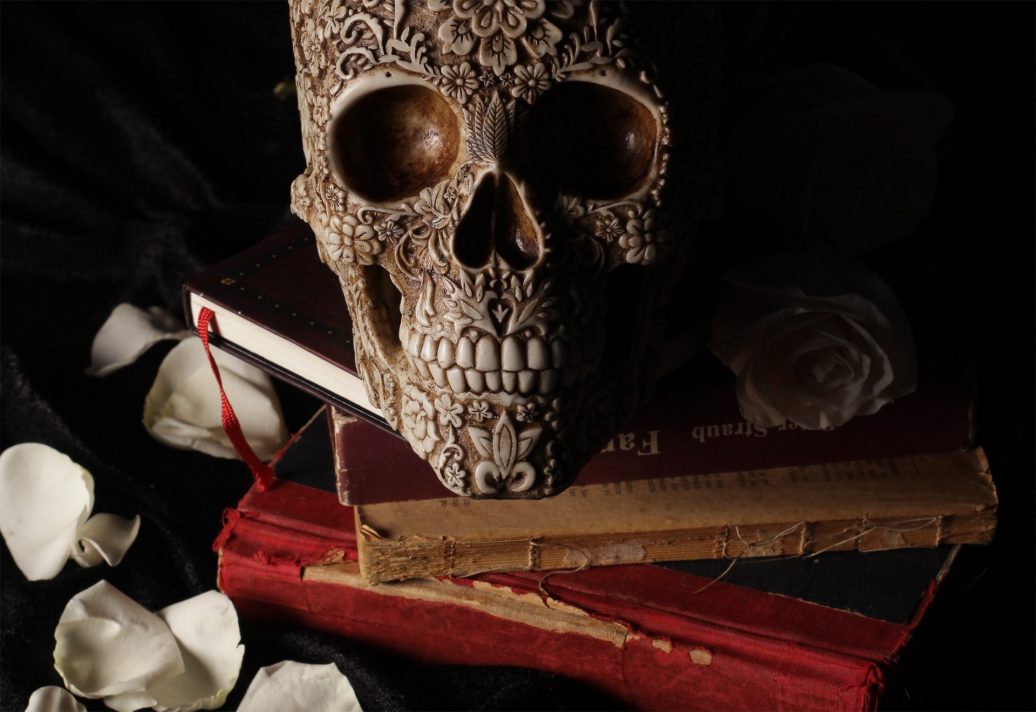 Catholicism and the seven deadly sins go hand in hand. Catholics believe that all sin is a result of these seven sins:
Catholicism and the seven deadly sins go hand in hand. Catholics believe that all sin is a result of these seven sins:
- Pride: Pride includes those who believe they are better than others and seek to put themselves first. It can also include those who feel like they know everything there is to know about the world. They will say that their achievements are not God’s efforts but their own.
- Lust: Lust is a sin that includes sexual desires outside of marriage and the desire to have someone you’re not supposed to. Chasity is believed the best way to overcome lust.
- Gluttony: Gluttony can include any type of overindulgence in food, drink, drugs, or anything else that could be considered pleasurable. It often ties into greed because people only want more for themselves in this sin.
- Envy: Resenting someone for something they have (i.e., looks, money, power) without making an effort to obtain it yourself is considered envy. This sin makes you feel bitter towards another person and resentful towards your own situation in life.
- Greed: Greed is the desire to have more than you need or deserve. It’s often connected with gluttony because greedy people will overindulge to get what they want, despite having enough. This includes paying attention to money instead of growing spiritually.
- Sloth: Sloths can include anything that hinders your spiritual progress and makes it difficult for you to do good deeds, also known as laziness.
- Anger: Anger is a sin that involves feeling hatred or hostility towards another person or yourself. It takes away from your positivity and happiness in life. It can also lead to other sins such as revenge or even murder.
These are called the “seven deadly sins” because these actions create problems for individuals while on Earth and can be even more harmful when carried out by people who hold positions such as priests if they aren’t dealt with properly.
Learn more about the Catholic Seven Deadly Sins
The Virgin of Guadalupe Prayer
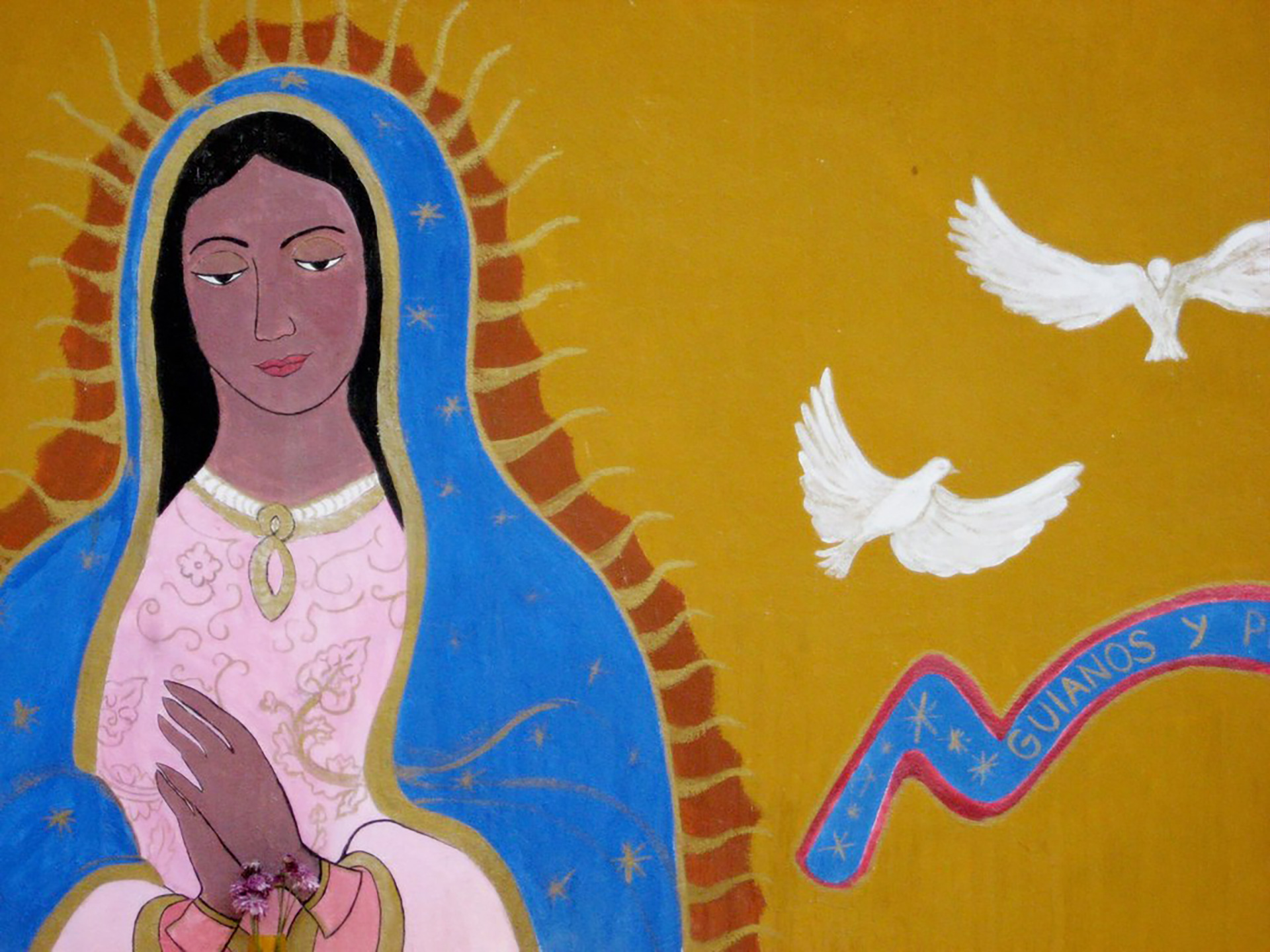 The Virgin of Guadalupe is a title often given to the mother of Jesus Christ, The Virgin Mary. The Virgin Mary appeared to Juan Diego, a man who had converted to Christianity, on December 9th and asked him to build her shrine at the site where they first met, on Tepeyac hill located in the Mexico City suburbs.
The Virgin of Guadalupe is a title often given to the mother of Jesus Christ, The Virgin Mary. The Virgin Mary appeared to Juan Diego, a man who had converted to Christianity, on December 9th and asked him to build her shrine at the site where they first met, on Tepeyac hill located in the Mexico City suburbs.
While there was much pushback, Juan Diego was able to prove that he saw Virgin Mary by performing a miracle. The bishop was stunned and ordered the Church to be built in her honor.
The prayers surrounding the Virgin of Guadalupe ask for help through the Prayer of Peace, Love for the Holy Sacraments, as well as unity and protection for the family.
Learn more about the Virgin of Guadalupe Prayer
Catholicism vs. Protestantism
While there are many similarities between Catholicism and Protestantism, such as they believe that God is the Creator, follow Jesus Christ, view the bible as the word of God, and believe in the existence of heaven, there are some significant differences between the two religions.
Lutherans reject most of the Catholic teachings because they don’t have an explanation or correlate to teachings in the bible. The main difference between Catholicism and Protestants is that Catholics believe there are seven sacraments while Protestants only recognize two: Baptism and Eucharist. In addition to differences surrounding their views on Holy Scriptures, they also disagree about other issues such as celibacy and purgatory. While Catholics believe that celibacy is essential until marriage and purgatory exist in the afterlife, Protestants reject both ideas.
Learn more about Catholicism vs. Protestantism
Episcopalian vs. Catholicism
Episcopalians are a branch of Christianity that has its roots in the Church of England. They are similar to Catholicism in many ways including, but not limited to being Trinitarian, believing in God as the Creator, and Jesus Christ as Savior. However, there are some differences between these two branches.
One of the main differences between Catholicism and Episcopalians includes:
- Episcopalians believe that sins should be confessed during prayer instead of being admitted to a priest, as Catholics believe.
- Episcopalians believe that holy communion should be given to everyone in attendance instead of only those who are baptized as Catholics do.
- There is no belief that the Pope has authority over the church for Episcopalism, unlike Christians. On top of that, they also disagree about issues concerning birth control and who can become a priest.
Learn more about Episcopalian vs. Catholicism
Catholic vs. Christian
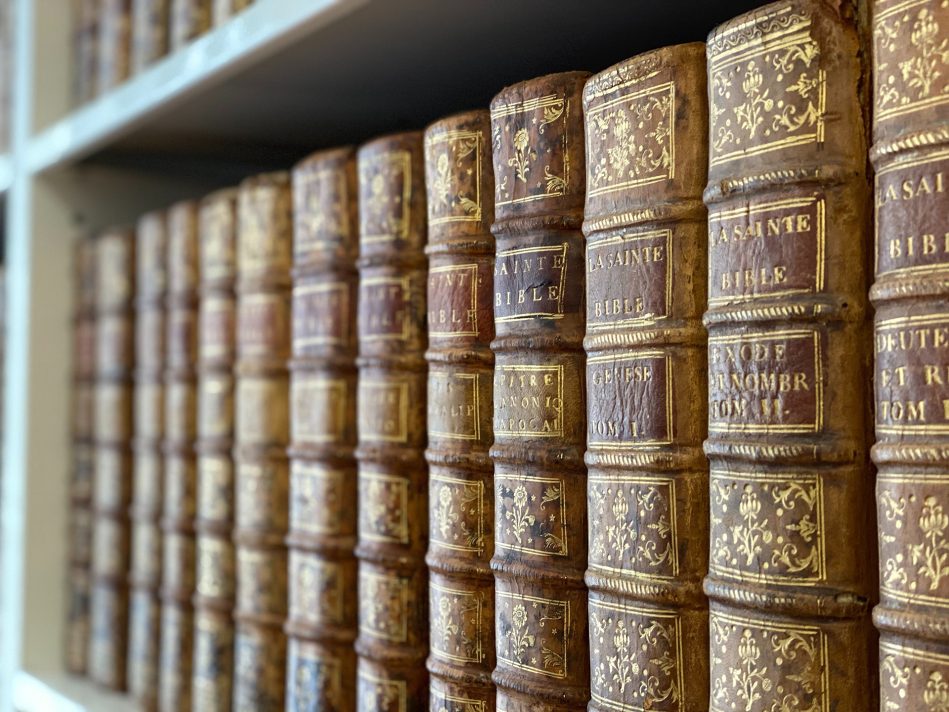 The terms “Catholic” and “Christian” are two of the most commonly confused terms. Catholicism is the largest group of Christianity. This means that not all Christians are catholic, but all Catholics are Christians. This is because Christians can refer to anyone who follows Jesus Christ, including Protestant, Orthodox, Evangelical, Gnostic, Anglican, and Catholic!
The terms “Catholic” and “Christian” are two of the most commonly confused terms. Catholicism is the largest group of Christianity. This means that not all Christians are catholic, but all Catholics are Christians. This is because Christians can refer to anyone who follows Jesus Christ, including Protestant, Orthodox, Evangelical, Gnostic, Anglican, and Catholic!
While there are many similarities, such as following the teachings of Jesus Christ, believing the bible is a holy book, believing in the existence of heaven, and original sin, there are still some distinct differences between the two.
The main differences in Catholic vs. Christian include:
- While Christians believe that the scripture is the only source of God’s revelation, Catholicism believes God shows himself through scriptures and traditions.
- Christians believe that Popes are the highest authority within the Church, while Catholicism allows the Pope to interpret the scriptures, he is not the one who makes the rules.
- While Christians believe that if you accept Christ into your life, you are saved from all sins, Catholics believe you can lose salvation by not actively engaging in good works or making God the center of your life.
Learn more about Catholic vs. Christian
Learn More On Catholicismo
The Catholic Church is a powerful force in today’s society. However, within this enormous body, many different perspectives, beliefs, values, and practices can confuse outsiders who are new to the religion. Do you want to learn more about Catholicism? Learn More On Catholicismo by reading our other articles!
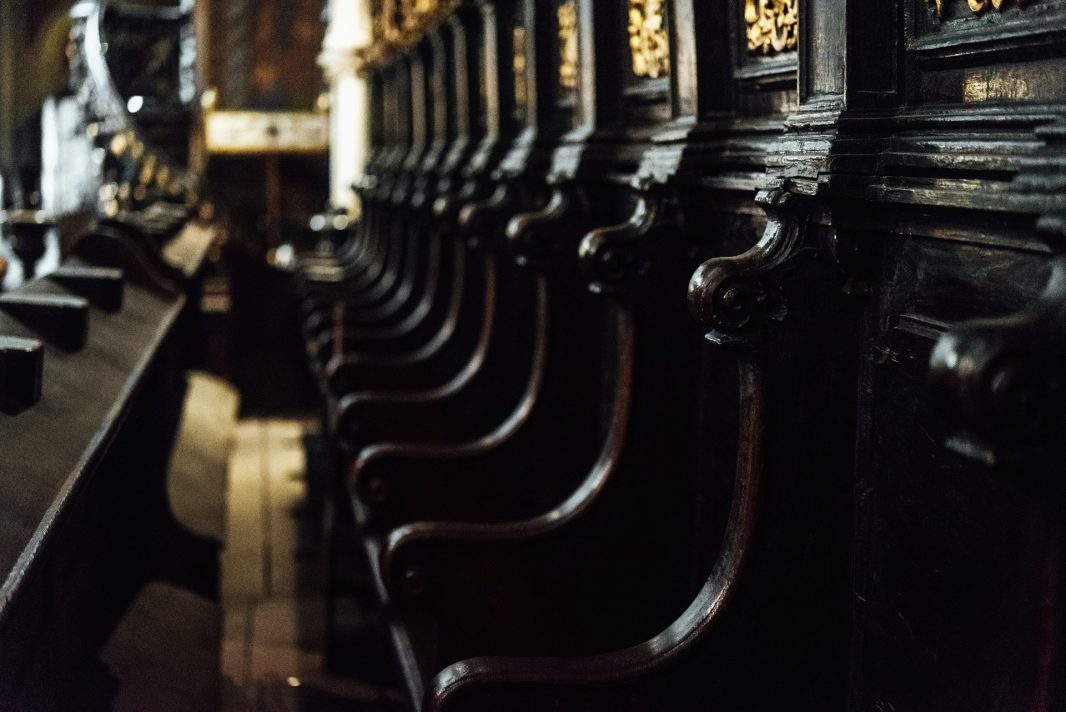
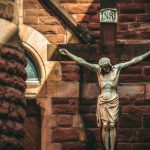



One thought on “Understanding Catholicism: A Complete Guide”